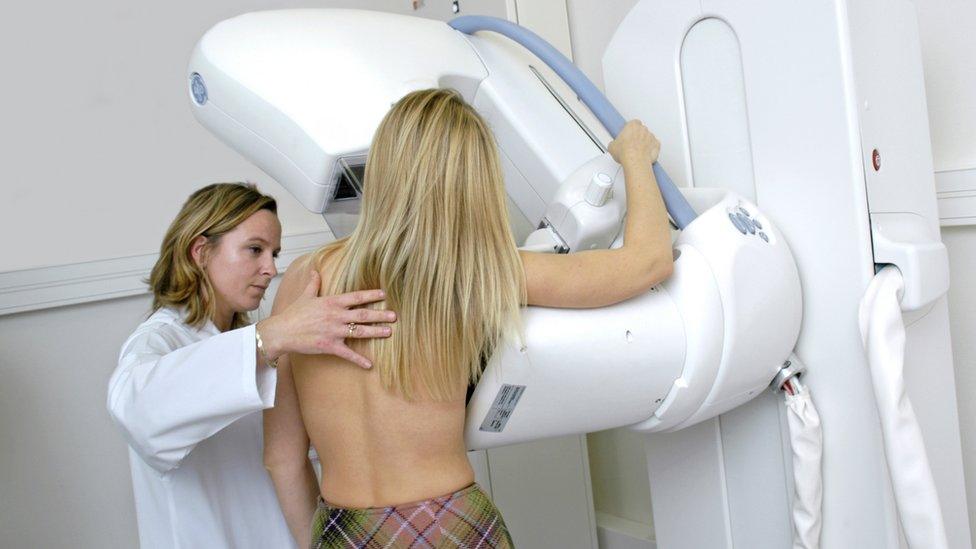Leicester sisters find out why breast cancer plagues family
- Published
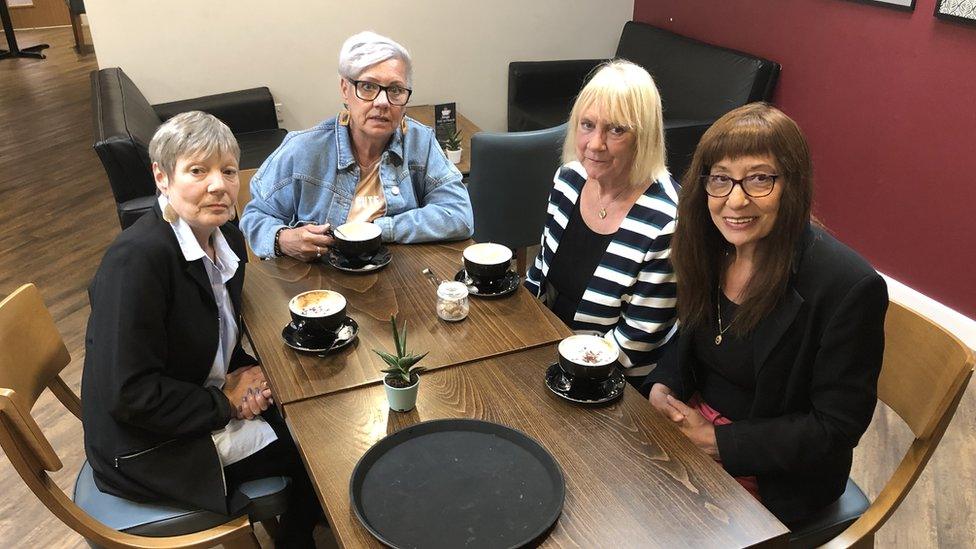
Two of the trio share the same cancer-causing genetic mutation
Three sisters who were diagnosed with breast cancer within 15 months of each other have found the cause hidden in their genes.
Sandra, Mary and Kerry Lloyd, from Leicester, were among the first to take part in an innovative study to map out their entire genome.
They wanted to know why cancer was so common in their family.
Now, after three years of waiting, scientists have discovered the cause for two of them - a mutated PALB2 gene.
In November 2013, Mary was diagnosed with breast cancer, as was her younger sister Kerry two months later. In February the following year Sandra was diagnosed too.
Three other close relatives - including their mum - have also developed it.
The three sisters were all diagnosed within 15 months of each other
In 2016 they became some of the first people to take part in the 100,000 Genomes Project in a bid to find out why, and in June this year they finally got the answer.
By analysing their DNA, scientists at the University Hospitals of Leicester NHS Trust and University of Leicester worked out two of the sisters had the mutated gene, which significantly increased the risk of developing breast cancer.
Kerry, who did have cancer, did not have the gene as it does not appear in every family member.
But as a result of the findings geneticists tested a fourth sister, Bethan Lloyd, who had not had cancer, and found she had the same mutation.
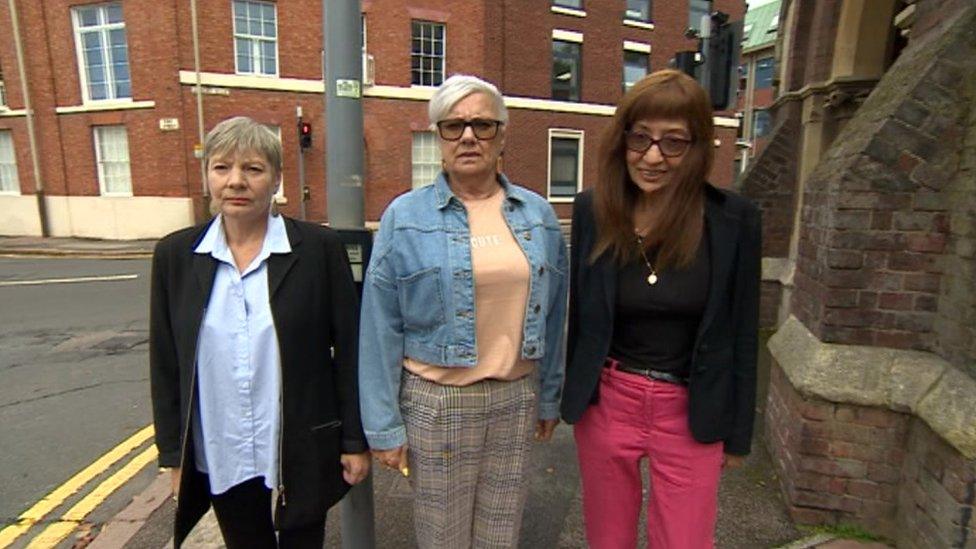
The sisters do not regret finding out about their gene
Dr Julian Barwell, their consultant, said the findings suggested other women from families with a strong history of breast cancer, who have had negative results with the more common test for BRCA genes, should speak to their doctors about further testing.
"[Sequencing genomes] provides the opportunity for more personalised screening and treatment in the future. This is the future of medicine," he said.
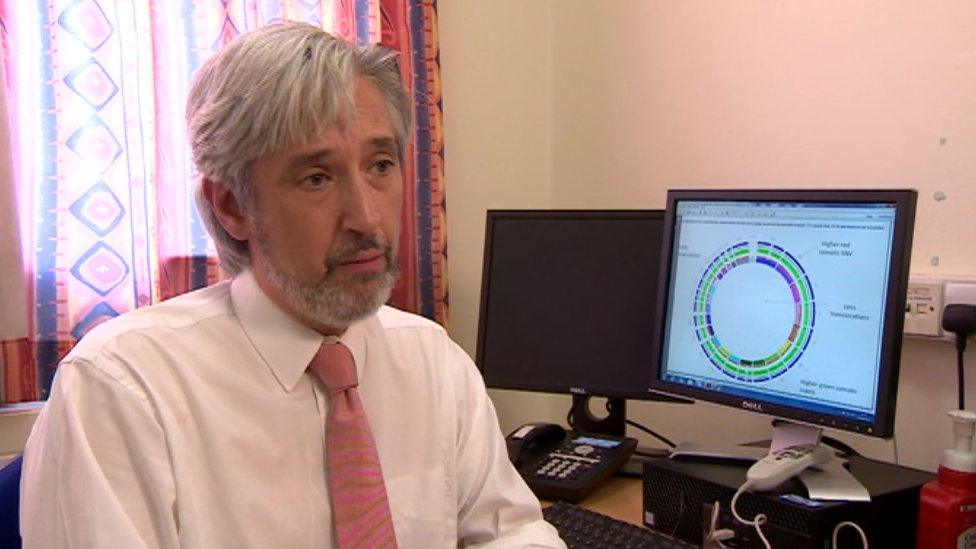
Dr Julian Barwell said the breast cancer of one in every 200 patients was caused by PALB2
Mary, 65, said: "I think it has answered a lot of questions for many of my family members. I think it's really important to take part and it's important for our younger family members so they can get tested."
Their siblings and children are being tested to check whether they have the mutated gene, as there would be a 50:50 chance of it being passed on.
Dr Barwell said there was a roughly 60% chance someone with the mutated gene would get breast cancer.
The sisters said they were considering their options, which included preventative surgery such as a mastectomy, and regular MRI scans.

Follow BBC East Midlands on Facebook, external, Twitter, external, or Instagram, external. Send your story ideas to eastmidsnews@bbc.co.uk, external.
- Published20 April 2019
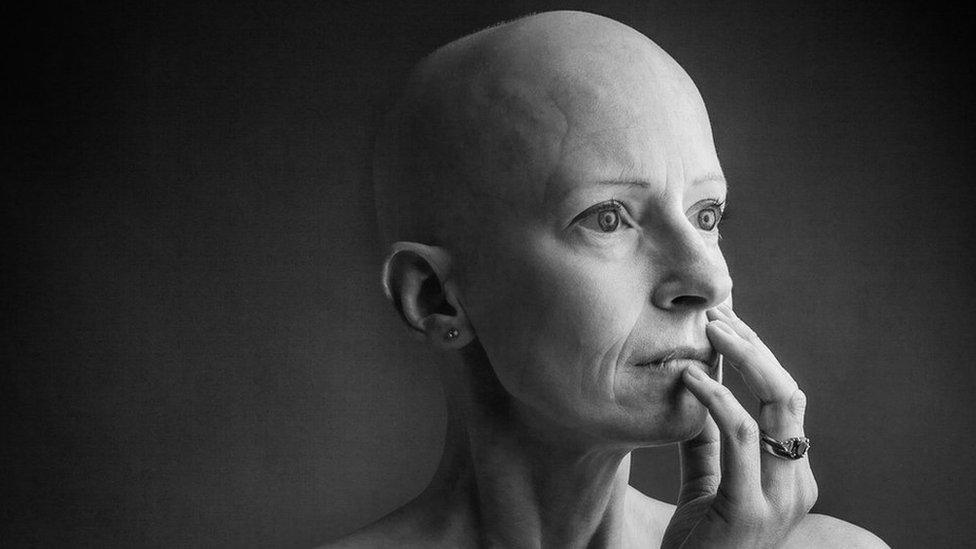
- Published21 September 2019
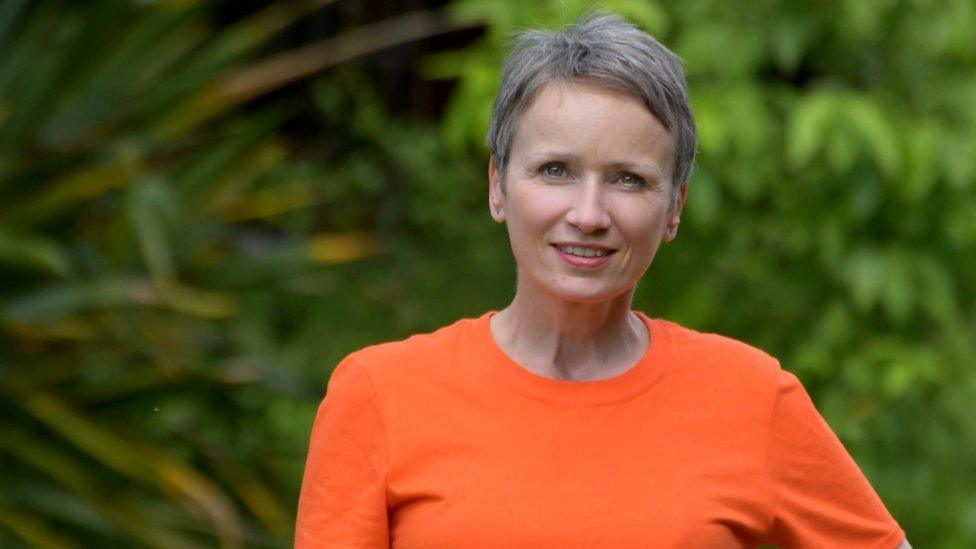
- Published19 October 2018
